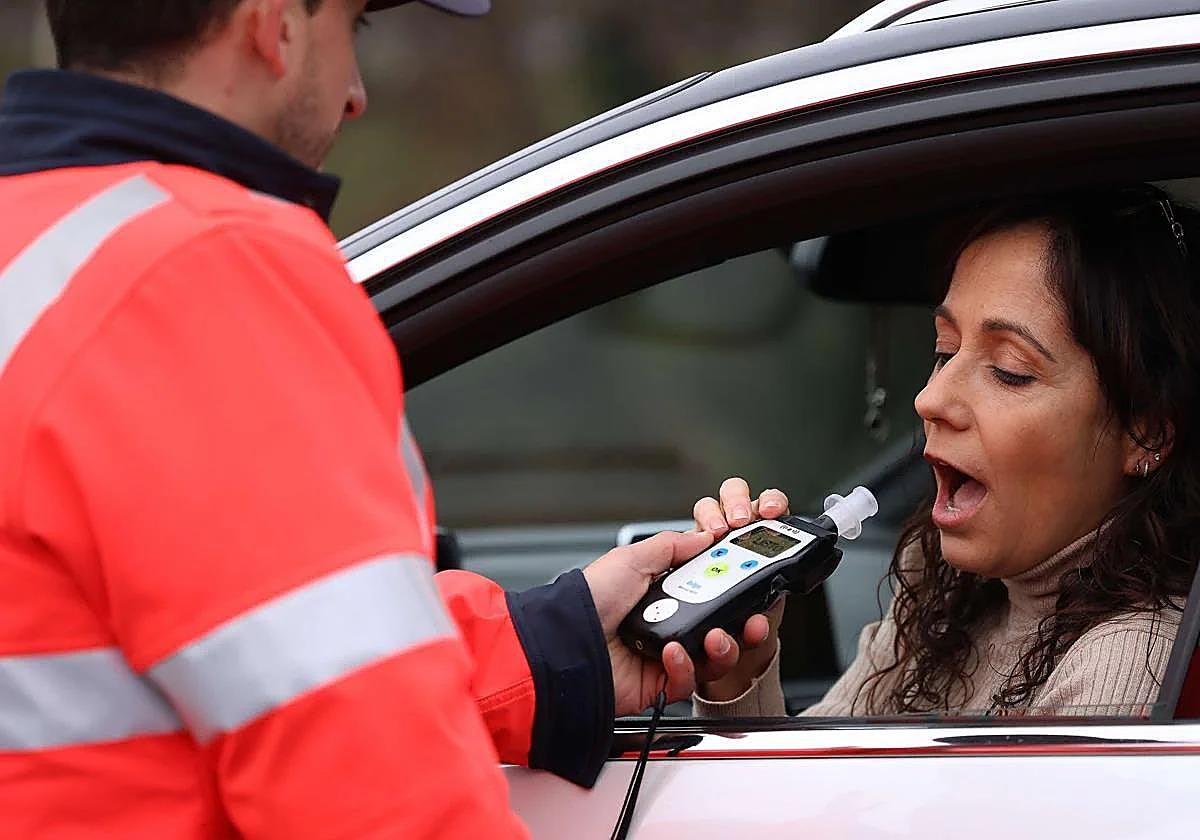Government proposal to halve drink-drive limit for motorists in Spain gets another green light
The plan is to lower the maximum permitted levels for all drivers to 0.2 grammes of alcohol per litre of blood, the same level as in Norway and Sweden, widely regarded as benchmarks for road safety
Last Thursday the Congreso de Diputados (the lower house in the Spanish parliament) backed the proposal to lower the maximum permitted levels for all drivers from 0.5 to 0.2 grammes of alcohol per litre of blood and from 0.25 grammes per litre of exhaled air to 0.1. The text, which had been proposed by ruling political party PSOE, was also given the green light from coalition parties, but rejected by Vox and an abstention from the Partido Popular (PP), which did not reveal until the last moment how it would vote.
The socialists' proposal now opens the way for it to become law if the government takes it into consideration, a more than likely option since it was the Minister of the Interior, Fernando Grande-Marlaska, who first put the option of this reduction on the table. In fact, the Interior Ministry is considering including this reform in a modification of article 20 of the General Traffic Regulations, which sets blood alcohol and breath alcohol levels.
The proposal would mean that all drivers, including newly-qualified and professional drivers for whom the current limit is 0.3g per litre of blood, would have a limit of 0.2, the same level as in Norway and Sweden, widely regarded as the benchmarks for road safety. In Norway 21 people per million inhabitants die in road traffic accidents and 22 in Sweden, while in Spain the figure stands higher at 36.
In its proposal PSOE stresses that the 0.2g/l rate would make it possible to "overcome the widespread idea that moderate consumption is acceptable and only excesses are prohibited." It would also send out a "clear and forceful" message, in line with the DGT's (Spain's traffic authority) campaigns with the phrase "the only safe rate is 0.0". Also that it would put an end to the communication problems that, in their opinion, are caused by "having different rules for new and professional drivers."
Almost 30% of all fatal accidents involve alcohol
PSOE's spokesperson for road safety, Manuel Arribas, highlighted that alcohol "is present in 29% of fatal accidents", a factor in accidents "ahead even of speed", adding that "in the first half of 2024, 56% of people involved in accidents will test positive."
Prior to the proposal going to Congreso, MPs from the opposition parties voiced their opinions. PP expressed serious doubts, stating that the measure was insufficient and they demanded that it be accompanied by other measures such as "more awareness campaigns, strategies for repeat offenders or the 'alcolock' project" (a device that prevents the car from starting if the driver exceeds the set alcohol levels). One PP MP, Ángel Ibáñez emphasised that the proposal "was trying to undo the bad data of the summer on the roads" and described it as "political trickery" that PSOE was proposing this modification of the regulation "just after it was proposed by minister Marlaska.", suggesting that "The socialist group is the government's doormat."
Vox was much more forceful in its rejection, accusing the government of trying to "ban the car using alcohol as the excuse." "They do not want to save lives, only to restrict rights and demonise the instrument that has given Spaniards the greatest independence and autonomy since the [Seat] 600 came about at the end of the 1950s," said Ángel López, a member of parliament for Vox.
López said that the reduction of accidents is not achieved "with arbitrary prohibitions, but with education", and asked "how many MPs would test positive if there were controls at the exit of Congreso."

